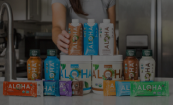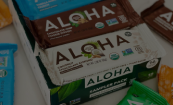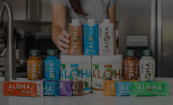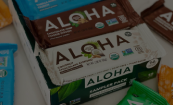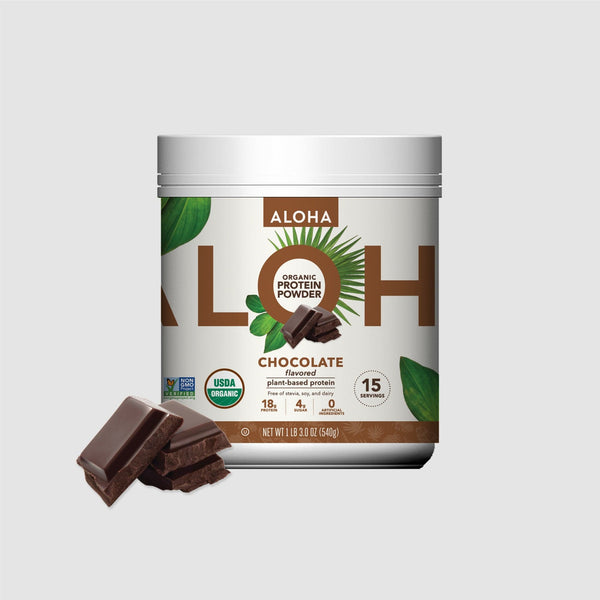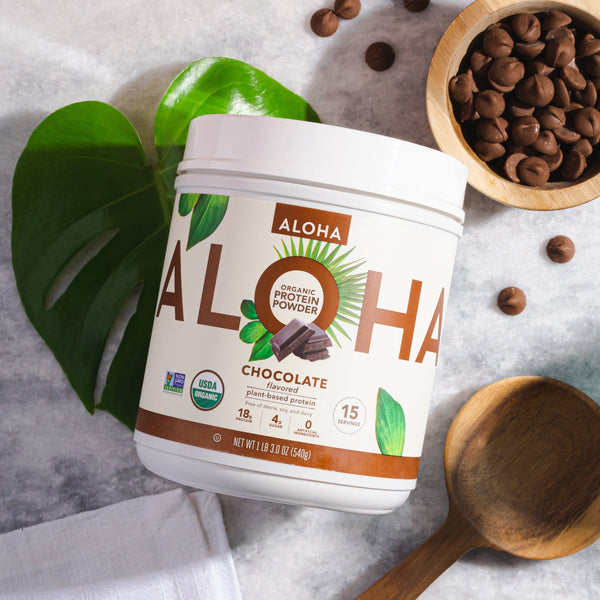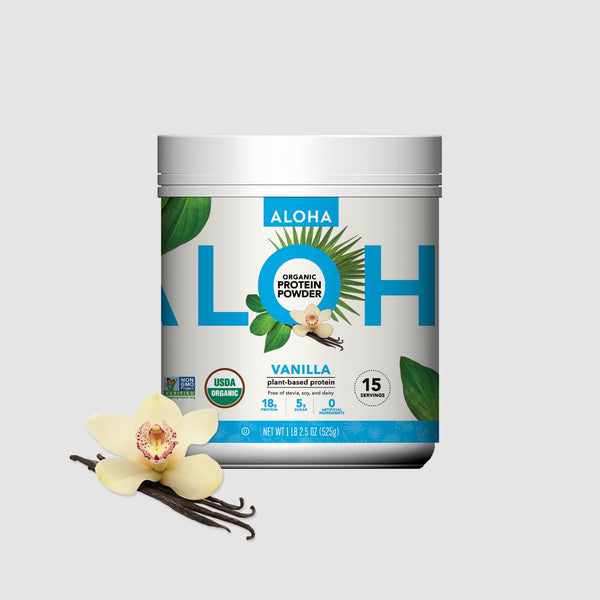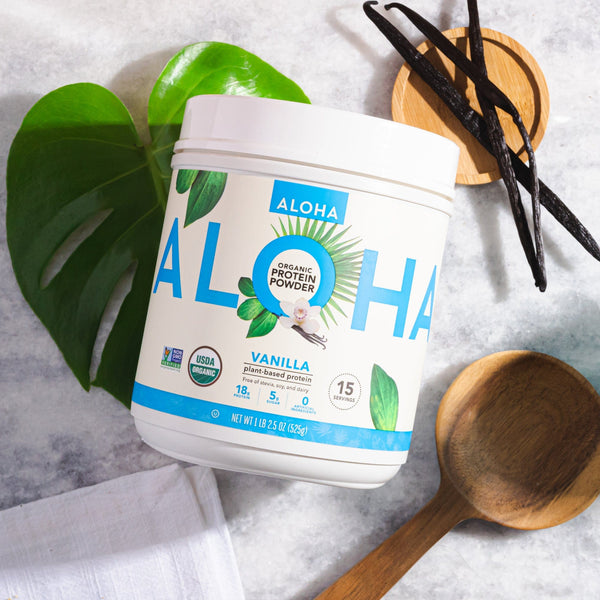Protein—the building block of muscle and a critical nutrient in every diet. Now, more than ever, people are reaching for protein powder to supplement their nutritional needs, manage weight, and enhance muscle recovery after workouts. But why? In this article, we're going to focus on the ins and outs of protein powder, from its various types and benefits, to how you can integrate it into your daily routine. As with any aspect of health, knowledge is power. Let’s ensure you’re well-informed to make the best choices for your health and lifestyle needs.
Revitalize Your Routine with Protein Power! Uncover the Strength Within – Learn, Energize, and Excel! Grab Your Protein Boost Now!
What Is Protein Powder?
Protein powder is a concentrated source of protein, usually derived from animal or plant sources such as milk, soy or peas. It provides a convenient way to increase protein intake, especially for those with higher requirements or those who struggle to consume enough protein through food alone. The powders are often flavored and can be mixed with water, milk, or included in various recipes. They are a staple among fitness enthusiasts for muscle building and repair, but they are also used for meal replacement and to satisfy nutritional gaps in a diet. Known for their versatility, protein powders can cater to a wide array of dietary needs and preferences.
How Is Protein Powder Made?
The production of protein powder typically begins with extracting protein from the food source. For example, whey protein is made by separating whey from milk during the cheese-making process. Plant-based proteins are extracted from foods like soy or peas, often through processes like drying and grinding. These proteins are then purified and dried into a powder form. The final product is usually instantiated, meaning lecithin is added so that it mixes easily with liquids for consumer convenience.
Types Of Protein Powder
Chocolate Protein Powder
Indulge in our Stevia and soy-free Vegan Chocolate Protein Powder, a delectable option packed with 18g of protein per serving. Crafted to meet your dietary preferences, it's a rich blend that satisfies chocolate cravings while supporting your fitness goals. Besides being a protein powerhouse, this powder boasts the benefits of MCT oil, aiding in energy production and metabolism. Whether you're whipping up a post-workout shake or adding it to your morning smoothie, this chocolate delight offers a delicious way to fuel your body and enhance your daily nutrition regimen. Experience the Delicious Fusion: Chocolatey Bliss & Protein Power Unite! Elevate Your Fitness with 18g of Vegan Chocolate Protein. Satisfy Cravings, Fuel Your Goals, and Energize Your Day – Try It Now!
Vanilla Protein Powder
Our Stevia and soy-free Vegan Vanilla Protein Powder brings a smooth and delightful vanilla flavor to your fitness routine, providing 18g of protein per serving. Tailored for dietary needs, it's a versatile addition that complements various recipes and beverages. Alongside the protein boost, this powder harnesses the advantages of MCT oil, contributing to sustained energy and overall wellness. Whether mixed into your favorite recipes or enjoyed as a standalone shake, this vanilla-infused powder offers a delicious and nutritious way to support your active lifestyle and dietary preferences.
Benefits Of Protein Powder
Muscle Repair And Recovery
Protein is critical in repairing tissue and muscle after exercise. Consuming protein powder, especially after strength training, can accelerate muscle recovery, reduce muscle soreness, and facilitate the building of lean muscle mass. Whey protein, in particular, has been shown to enhance the body's recovery process due to its high leucine content, an amino acid that plays a key role in muscle protein synthesis.
Nutritional Supplementation
For those with increased dietary needs, such as elderly individuals or those with certain health conditions, protein powders can aid in ensuring adequate protein consumption. They're useful for individuals with restrictions like lactose intolerance or for those following vegetarian or vegan diets. Protein powder serves as a practical method to fill the nutritional gap without modifying the whole diet drastically.
Incorporating Protein Powder Into Your Diet
Consumption Timing
The optimal timing for protein powder intake is often tailored to individual goals. For muscle recovery and repair, experts commonly recommend consuming protein powder within 30 minutes post-workout. As a dietary supplement, it can be effectively integrated into meals to enhance protein content or used between meals as a high-protein snack, aiding in appetite control.
Versatile Uses
Protein powder transcends the world of shakes; its versatility extends to various culinary applications. Beyond shakes, it can be seamlessly blended into smoothies, mixed with oatmeal, added to baking recipes, and incorporated into savory dishes like soups and stews. Its adaptability allows individuals to elevate their daily protein intake by integrating it into an array of foods, aligning with diverse taste preferences.
Quantity And Frequency
Determining the appropriate quantity of protein powder hinges on individual dietary requirements, influenced by factors such as age, gender, activity level, and health objectives. Adhering to serving suggestions provided by manufacturers is crucial to avoid excessive intake. Considering the overall dietary protein intake is essential to maintain a balanced nutritional profile, preventing potential adverse effects that may arise from excessive protein consumption. Customizing the amount and frequency of protein powder intake in accordance with individual needs ensures a balanced and effective dietary supplementation strategy.
Protein Powder And Exercise
For Athletes And Bodybuilders
Athletes and bodybuilders, due to their intense training schedules, often necessitate higher protein levels to support muscle repair, growth, and overall performance. Protein powder serves as a convenient and efficient means to meet these increased nutritional demands. High-quality protein powders become an integral component of their nutrition plan, facilitating muscle recovery and enhancing athletic endeavors.
For Casual Fitness Enthusiasts
Even individuals not engaged in professional athleticism or bodybuilding can benefit from protein powder supplementation in their fitness pursuits. It aids in preserving lean muscle mass, contributes to improved recovery post-exercise, and serves as a rapid source of nutrition for those leading busy lifestyles while prioritizing fitness and overall well-being.
Recovery Time
The integration of protein powder into an exercise regimen plays a significant role in optimizing recovery duration. By facilitating quicker muscle repair and regeneration, protein supplementation helps enhance overall performance, diminishes muscle fatigue, and enables more effective training sessions. However, it's essential to combine protein supplementation with a well-rounded diet to ensure comprehensive nutritional support, promoting overall health and performance.
Choosing The Right Protein Powder
Reading The Label
When opting for a protein powder, meticulously examine the ingredient list to spot fillers, artificial sweeteners, or unnecessary additives. Prioritize brands that emphasize ingredient transparency and uphold high-quality sourcing standards. Assess the protein content per serving, the type of protein utilized, and the presence of additional beneficial components such as fiber or probiotics.
Protein Source
Understanding the distinction between animal-based and plant-based proteins is crucial when selecting a protein powder that aligns with your dietary preferences or restrictions. Whey protein, derived from milk, is renowned for its rapid absorption, while casein, another milk-based protein, absorbs more slowly. For those seeking plant-based alternatives, consider blends that combine various sources to ensure a complete spectrum of essential amino acids.
Allergies And Intolerances
Ensure that the chosen protein powder suits your health requirements, especially if you have food allergies or intolerances. Many protein powder options cater to specific dietary needs, including gluten-free, dairy-free, or soy-free formulations. If you have particular dietary concerns or if you're incorporating protein supplements for the first time, consulting with a healthcare professional is advisable to ensure compatibility with your health needs and goals.
Final Thoughts On Protein Powder
Protein powders are not just a supplement; they're a versatile nutritional tool that can be tailored to fit the unique needs of individuals. Whether you're an athlete, a casual gym-goer, or someone looking to balance their diet, there's a protein powder that can enhance your nutritional regimen. ALOHA's range of plant-based protein powders can be seamlessly integrated into your lifestyle, providing pure, sustainable, and effective nutrition. Remember, the key to making the most of any supplement is to use it as part of a balanced diet and active lifestyle, not as a standalone solution. Make informed choices, prioritize quality, and let protein powder be a companion on your journey to well-being. Level up your nutrition with ALOHA's plant-based protein powders! Fuel your lifestyle with sustainable, pure, and effective nutrition. Join us in prioritizing quality, wellness, and social good on your journey to well-being. Embrace balance, choose wisely, and let ALOHA be your partner in thriving health!
Frequently Asked Questions About Protein Powder
Are there any side effects or risks associated with using protein powder?
While generally safe, excessive intake may lead to digestive issues such as bloating or upset stomach. Moderation is advised.
When is the best time to consume protein powder?
PProtein powder can be consumed pre or post-workout for muscle recovery, in the morning to kickstart metabolism, or as needed based on personal preference and fitness goals.
Can protein powder replace meals in a diet?
While it provides protein, it's not a complete meal replacement. It's best used as a supplement to support a balanced diet.
What are the key ingredients to look for in a quality protein powder?
Look for high-quality protein sources like whey, casein, pea, or hemp protein, and minimal additives or artificial ingredients.
Are there different protein powders for specific dietary needs or allergies?
Yes, there are protein powders designed for various dietary needs such as dairy-free, soy-free, gluten-free, or vegan options.
How should protein powder be stored to maintain its freshness and effectiveness?
Store protein powder in a cool, dry place, away from moisture, and tightly sealed to prevent clumping and maintain freshness.
Do protein powders expire, and how long do they last?
Yes, they have an expiration date. Typically, they last around 6-12 months, but check the label for specific shelf-life information.
Can protein powder be used in recipes or cooking?
Absolutely, protein powder can be added to recipes for pancakes, smoothies, baked goods, and more to increase protein content.
What are some popular brands of protein powder recommended by consumers or fitness enthusiasts?
Popular brands include Optimum Nutrition, MuscleTech, Dymatize, Vega, Garden of Life, and Quest Nutrition, known for quality and taste.
Do protein powders contain artificial additives or sweeteners?
Some do, but many brands offer options without artificial additives or sweeteners. Checking labels helps find more natural options.

